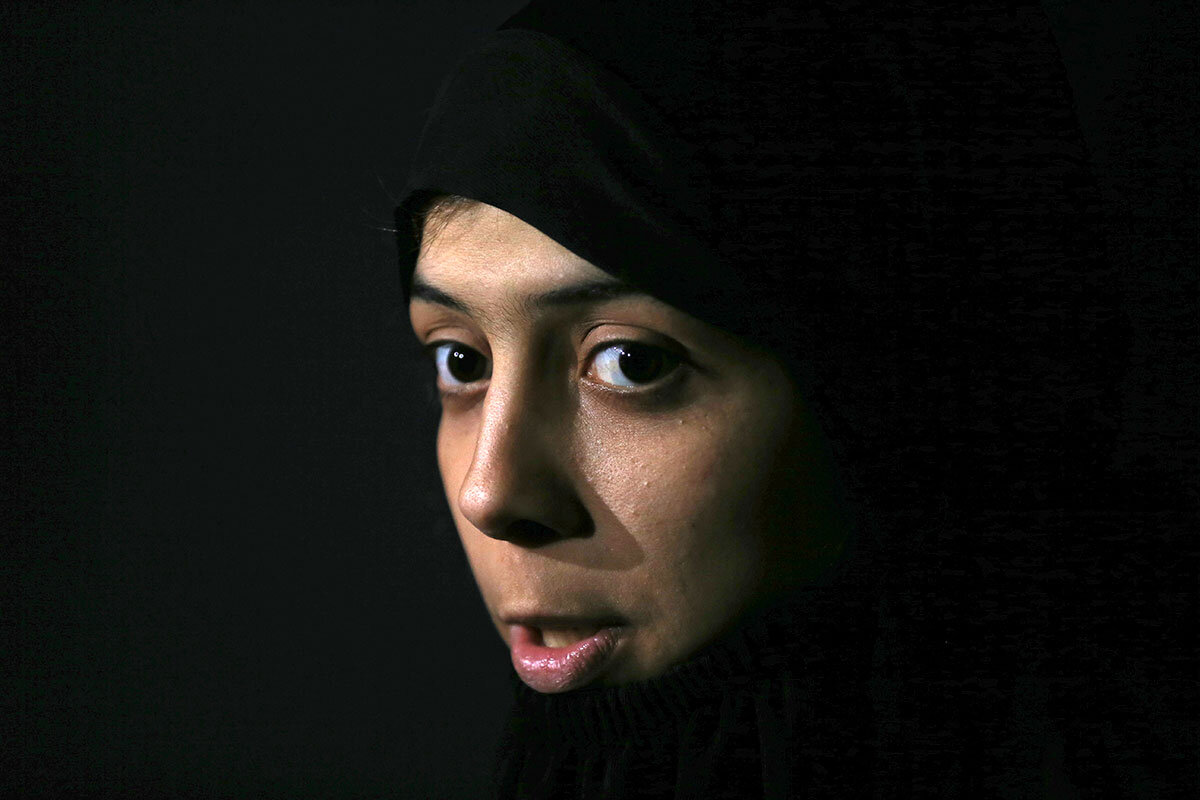The imposition of harsh U.S. oil sanctions on Iran and Venezuela seems to be nakedly seeking to force regime change. But there’s no precedent for that working so simply, suggesting something else might be at play.
Monitor Daily Podcast
- Follow us:
- Apple Podcasts
- Spotify
- RSS Feed
- Download
 Peter Grier
Peter Grier
Maybe the Mueller report is a challenge for democracy to solve.
This idea isn’t original to us. It comes from a thought-provoking essay on the site Lawfare by Yale Law School Prof. Samuel Moyn.
Democracies sometimes face a difficult balancing act, Professor Moyn writes. They have to allow serious oversight of government. But they also have to keep that oversight from becoming political opposition by other means.
Congress has the power to strike this balance. But in recent years it hasn’t. There’s been partisanship and vacillation instead. An exception that proves this rule: the 9/11 Commission, which investigated U.S. anti-terror protections with broad bipartisan support.
Independent and special counsels have stepped – or been thrown – into this breach. But they’re not well-suited to judge broad patterns of governance, writes Professor Moyn. They can pursue targets too long and too far. If they file charges, political opponents of those implicated can try to use them to overturn the results of elections.
What does this mean in terms of the special counsel? It means that by taking a conservative approach to prosecutions, Mr. Mueller may have primarily exposed not the president but the lack of U.S. institutions to handle such situations.
Is his report a roadmap for impeachment? Is it not? That is for democracy to solve. Mr. Mueller appears to have concluded that the future of the country depends less on impeachment referral than “on letting democracy do its work when it comes to Trump, and doing better in the future with squaring the circle of accountability and partisanship,” Professor Moyn writes.
Now to our five stories for the day, which include a look at what comes next now that the U.S. has turned the dial on Iran sanctions to 11 and how black millennials are increasingly turning to faith for guidance.










